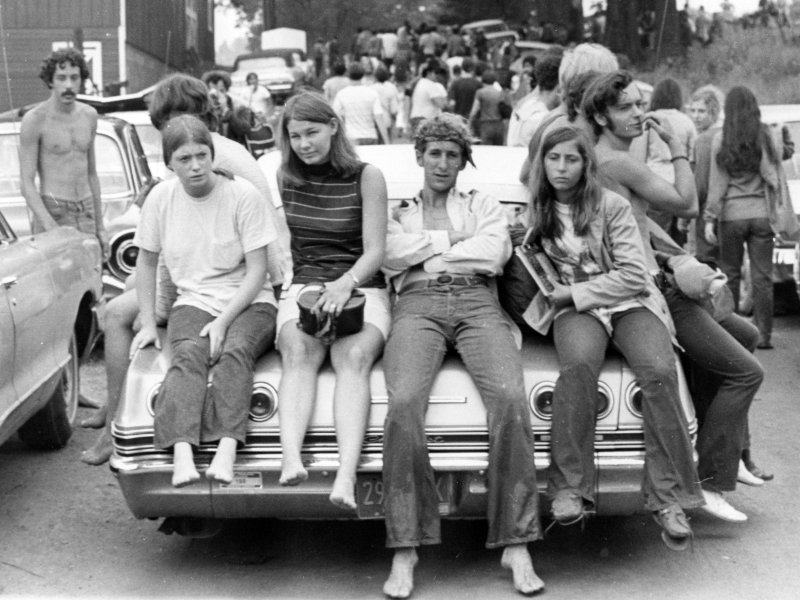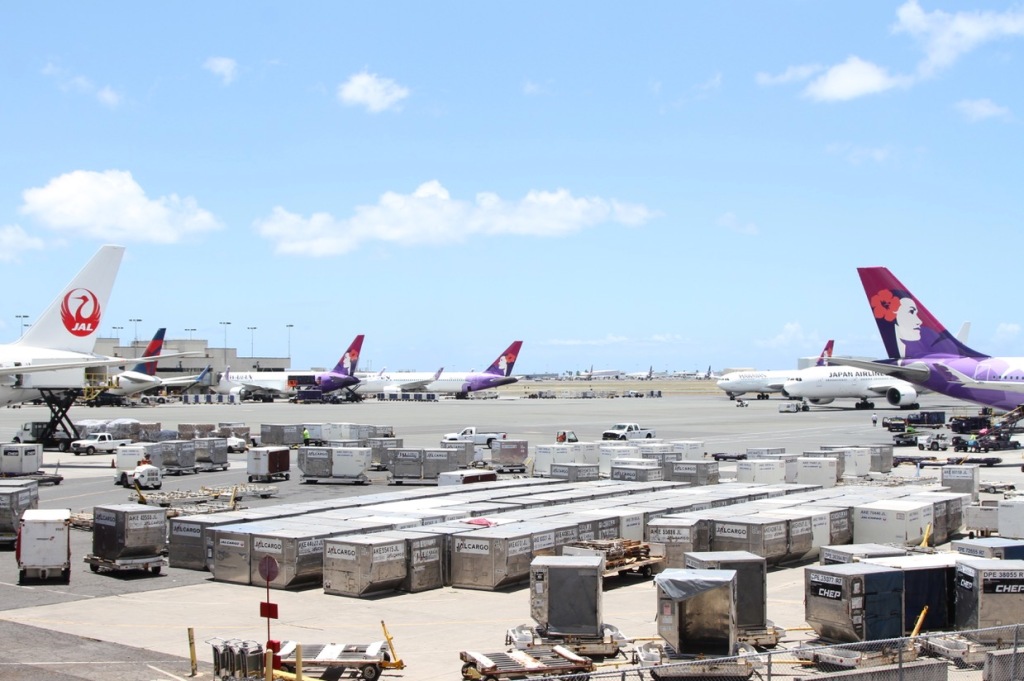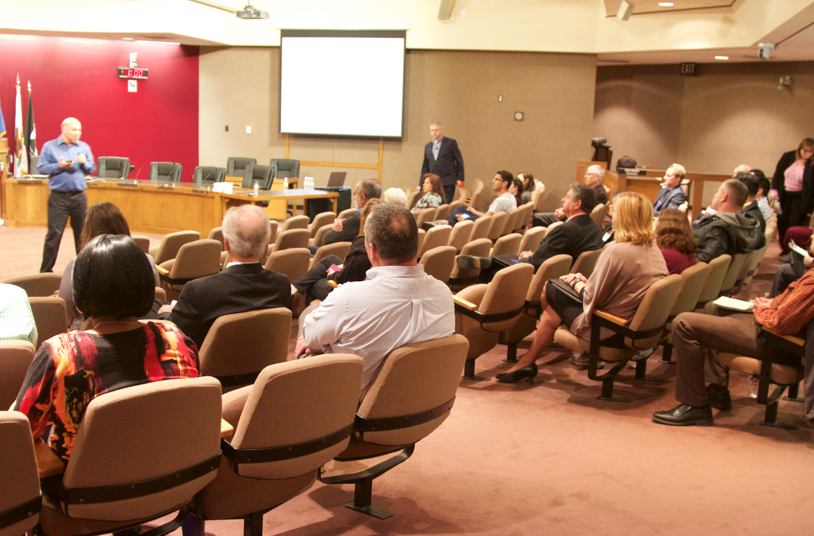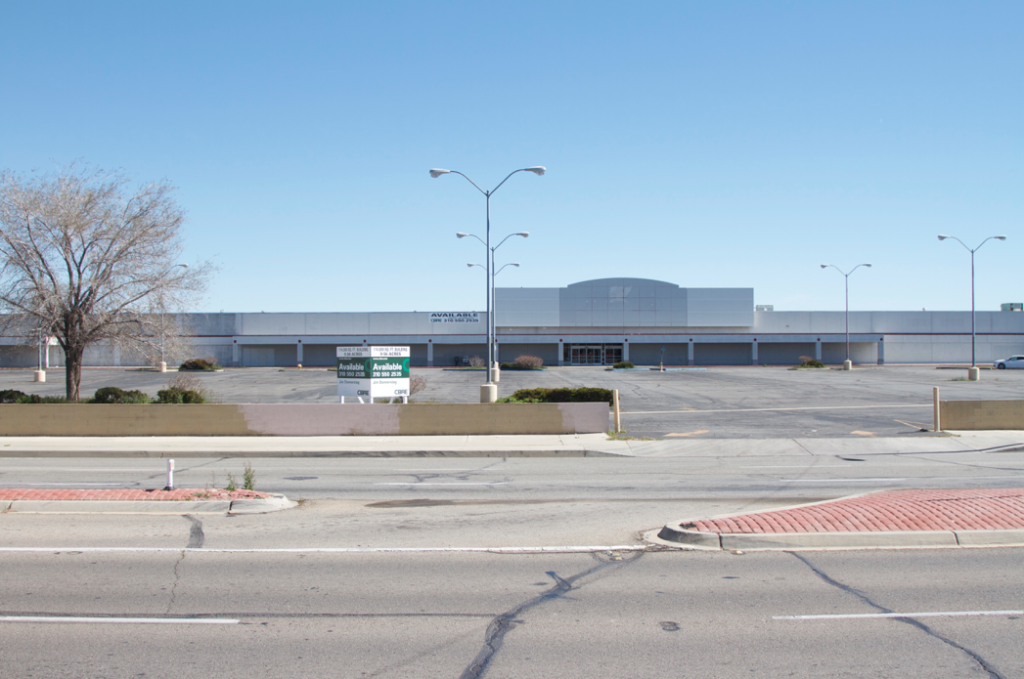
Everywhere I go it seems there’s some kind of housing crisis. In some places home values are dropping precipitously, people are unable to sell and move on, and formerly middle class homes are being abandoned or converted to poorly maintained rental properties. In other places home values and rents are obscenely high and ordinary people and essential workers are being driven out of whole cities and counties. The national economy has bifurcated and the shrinking middle class is reflected in a two tiered housing market. I’d like to explore the root causes of the situation.
Our current real estate schism is based on two forces. First, we as a society decided decades ago that we didn’t want to be shackled by the social conventions and obligations that hindered individuals in their quest for personal fulfillment and private gain.
For liberals this took the form of women’s liberation, black liberation, gay liberation… Everyone wanted to throw off the yoke of conformity. For conservatives it took the form of tax revolts, rebellions against regulations of every kind, a search for open space, cheap labor, and new markets.
These two groups were in no way mutually exclusive. Both the California Hippy and Evangelical Christian from South Carolina were pushing the country in the same direction for decades whether they knew it or not. Everyone was rebelling against social constraints and dismantling the old system that created the broad stable middle class in the first place.
The second force in the housing crisis is based on physical mobility made possible by car culture, affordable commercial aviation, containerized cargo shipping, and modern telecommunications. Geography stopped being a material limitation for the last few generations. As a result, people have self segregated. The rich have congregated in a handful of premium locations and radically driven up the cost of living in those spots. The poor have been left to their own devices in economically and culturally abandoned regions. And the ever diminishing middle class has leveraged itself into a thousand little niches in an attempt to keep up as their incomes and status decline.
I was recently at a meeting in Northern California where government officials, local business people, and community organizers all gathered to promote their various objectives. These were all incredibly kind, decent, responsible people who truly cared about their town. The difficulties on hand will be familiar if you live in one of the more expensive parts of the country.
There’s a desperate need for affordable housing. There’s huge pressure to preserve productive farmland and the natural landscape. There’s fierce NIMBYism that stops new growth of every kind. There’s serious money pressing down on the scarce property that is available. There’s a water shortage brought on by years of drought. And there simply is no culturally or politically tolerable mechanism to reconcile any of these conflicting forces. Honestly, for the people who already own property in the area the situation is pretty sweet – so long as the authorities manage to keep the ever growing homeless camps out of sight. The default setting is to simply let things fester and muddle through.
Just a month earlier I was at a different meeting in another town where the problem was reversed. A formerly prosperous town was hitting an economic wall as growth and development had come to a complete halt with unpleasant consequences. There was plenty of cheap land all around and everyone was desperate to see it covered in new homes, shopping malls, and office parks as quickly as possible. But market demand evaporated. Developers couldn’t justify building much of anything because there were no buyers on hand. Too much of the existing building stock was already sitting vacant.
You’d think these two problems could solve each other. Why don’t all the people desperate for affordable housing in one place simply move to the place with abundant vacancies? Of course, it doesn’t work that way. Communities are more than a pile buildings. People need the right mix of employment, education, culture, and so on. You can’t live in a cheap place if you have no access to jobs. And you can’t take a job in a place where there is no available housing.
Let’s go over some of the particulars again. Mass motoring allowed almost everyone to move away from the things and people they didn’t like. If your taxes went up you moved away. If “undesirables” arrived on your block you moved away. If you didn’t like the snow you moved away. Cheap private transportation on America’s highways made it possible for the vast 20th century middle class to remove itself from traditional communities and find bliss is splendid isolation.
Affordable commercial aviation let people migrate to previously remote locations. A car could get you from New Jersey to Florida in a couple of days, but a plane could get you there in a couple of hours. Air transport preferentially poached the affluent, the young, the educated, and retirees from established towns and delivered them to previously obscure destinations. The ability to hop quickly and cheaply from place to place was a tremendous boon to some lucky towns, but the death knell to others.
Containerized shipping brought raw materials and cheap manufactured goods in from every corner of the globe. If workers threatened to strike you moved your company away. Far away. If you found a better tax deal you moved away. If you needed the authorities to turn a blind eye to your company’s waste stream you moved away. The toaster ovens, refrigerators, and steel belted radial tires could all be made somewhere else for a lot less money. And along with those jobs went a big chunk of the old middle class.
Information technology has added a new layer of mobility to the population. It’s now possible to use your mobile phone to turn your home air conditioner on and off from six thousand miles away. On the one hand this sort of technological magic allows millions of people to earn a living remotely. An accountant from Albuquerque can live in a beach cabin in Hawaii while still drawing her livelihood from New Mexico.
On the other hand, what happened to blue collar jobs in the past is now happening to white collar jobs. Your CT scan or X-rays can now be sent via the Internet to a technician in the Philippines who will interpret your medical condition remotely. Film editing can be done entirely online from Brazil. Computer code can be written in India. Architectural and engineering work can be done digitally in the Ukraine. If a job can be scanned, or Skyped, or pushed through a fiber optic wire somehow it will eventually be sent to a low wage region to be done by someone who is smarter, faster, and more desperate for work than you are.
And this isn’t factoring in the jobs that will soon be done entirely by machine intelligence. That accountant in Hawaii needs to pay attention to what she’ll do when her clients all switch to the cheaper advanced computer program that can wiggle around the tax code better than she can. Then again, the guy who writes that computer code will become very rich and might be able to move to Hawaii himself.
So what are the options here? First, we can allow the already stressed middle class to continue to shrink so that the U.S. becomes a two tiered society of haves and have nots – with many more losers than winners. Inevitably this will require an increase in both government police and private security to keep the wealthy protected from the pissed off impoverished masses. There are plenty of examples of what that looks like around the world.
Or, we could tax the rich and redistribute the funds to the formerly middle class population that has trouble feeding itself and keeping a roof over their heads. We also know what that looks like.
Or we could create a new social, political, and economic national compact that restructures absolutely everything. Some old fashioned societal constraints might be a prerequisite for equity and a renewed middle class. Rights come with responsibilities. Aging Baby Boomers will fight that sort of thing tooth and nail. But Millennials will likely grab at it with both hands. Toss in fuel supply disruptions and a break down in international trade relations and American society might find itself coalescing in very different ways.
John Sanphillippo lives in San Francisco and blogs about urbanism, adaptation, and resilience at granolashotgun.com. He's a member of the Congress for New Urbanism, films videos for faircompanies.com, and is a regular contributor to Strongtowns.org. He earns his living by buying, renovating, and renting undervalued properties in places that have good long term prospects. He is a graduate of Rutgers University.



























On excluding the middle class
I have lived what I'd call a middle income lifestyle for many years, in a town that's increasingly become one of the wealthy enclaves you speak of, and it's become increasingly challenging. What I have seen here is that the ideals of the residents here have changed.
Before my single-parent family moved here 35 years ago, the city decided to restrict residential growth, to prevent the town from getting too big, and to prevent urban sprawl. Over time, this has increased property values dramatically, particularly in the last 18 years. When the '08 real estate crash happened, prices flattened out here, but the calamity in real estate was hardly noticed. Since then, property values have only increased more. As that's happened, rents have kept going up. The increases in the last few years have been rather dramatic, and they're projected to keep going up at a good clip.
The lifestyle of the town has changed dramatically from what it used to be, which was quite accessible to a middle income family. Most of them moved out of town about 15 years ago. Many of the shopping choices were in economic reach. Now, that's less so. It's not impossible, but I have fewer choices in town. Many times I can only shop online to find the quality and price I want. They don't stock it where I live. Most of what's here is either too expensive for me, or, if it's affordable, too junky. I've heard a few political demographers refer to the "upstairs/downstairs coalition." That's exactly what it feels like here. We have the rich, and then their servants. Other times I've taken to shopping in neighboring cities to find what I want.
The events here used to be friendlier to the kinds of things we'd like to be a part of. In the last 10 years, that's increasingly gone away, or to neighboring cities. The political environment here has made it too expensive to hold those events anymore--increased regulation.
The same thing could be said for the shopping choices. Some of the businesses I used to love here have either moved out of town, or gone out of business, because the city kept on piling on more regulations and fees on them.
There always was a sense of wanting to preserve the environment here, but throw in crony capitalism, and that same sensibility becomes more hostile to people like me. It increases the cost of living here. The politicians who run the city council keep acting like they'd ideally like to turn the town into a state park, with fewer residents. There are towns like that. Check out Jackson, WY sometime. Check out the property values there as well. No poor or middle income person can live there without subsidies. But there is LOTS of beautiful open space!
The increasing sense I get from talking to residents here is that middle income people are not welcome in this town anymore. There is a dislike for them that oozes from the pores of the politically influential, a contempt, and this is a politically progressive town! At least that's the way it likes to think of itself. We have the "limousine liberal" variety. They're about as hip as you can get. The reason is middle income people don't seem to have any other aspirations than to raise their families (adding to overpopulation), and have a thriving (ie. "polluting") economy. They're racist, because they want the best education for their children. They don't care about our planet, because they drive everywhere, getting to and from work, sending their kids to school, and to extra-curriculars, and use too much energy with their air conditioning and appliances, that uses conventional power sources, powered by fossil fuels. In short, we're the enemy, and they'd just assume have us leave! That's not just a feeling I get from people. They've told me and many others that directly!
Bill Whittle provided what I think is a lot of wisdom on this in his short presentation called, "The Coin of the Realm." He talks about "unearned moral superiority," and from where I sit, it pretty well explains what's going on here, and I venture to guess it's probably what's going on in the rich locales you talk about, among a few other motivations. It's more than just an attitude. It gets translated into policy year after year. It's a way for people who already have everything they want to set themselves apart from everyone else, to make themselves feel special.
https://youtu.be/8toYN1cPGgA
What do we do about it? That's a good question. I don't have an answer, and it appears you don't, either. We're in the same boat. The one word of wisdom I've heard in the last year or so is that people don't tend to change without pain. It contributes to "hitting bottom," and realizing what they're doing is destructive. Then they're open to new ideas. I'm not suggesting that pain should be purposely inflicted on them, but rather letting things take their course, as they will anyway, and being there when people start asking questions about what they could do differently.
Logic?
A descriptive polemic with zero prescriptive actions.
And, where is the justification for this throw away "Toss in fuel supply disruptions" ?
Dave Barnes
+1.303.744.9024